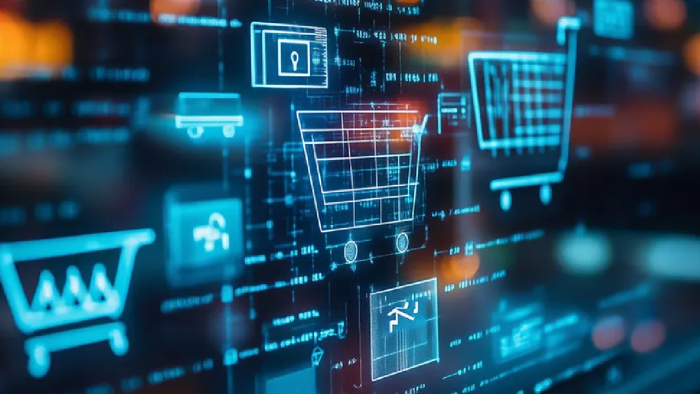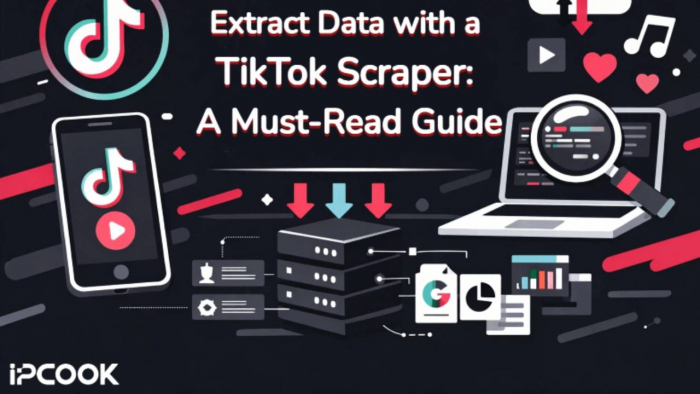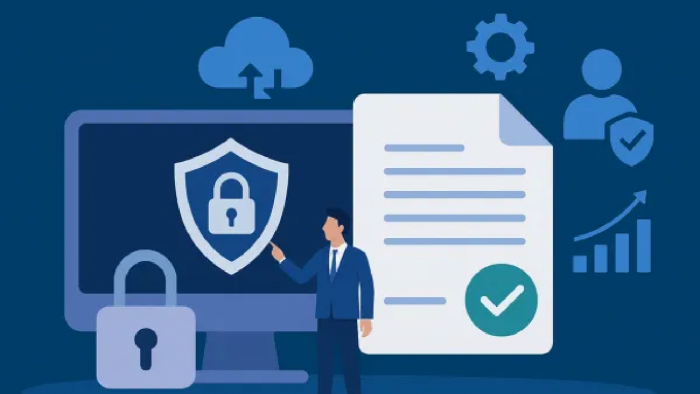Payment systems work differently now than they did just a few years back. People tap phones instead of swiping cards, money transfers happen instantly, and cryptocurrency payments are becoming normal. These changes aren't slowing down.
You probably don't think much about payment technology until something goes wrong. Your card gets declined at checkout, a bank transfer takes forever, or an app crashes when you're trying to pay. That's when you realize how much depends on systems that handle millions of transactions every single day.
This isn't just about new apps or fancy gadgets. The entire foundation of how money moves between people is getting rebuilt. Companies that figure this out early will have huge advantages.
Speed Rules Everything Now
Nobody has patience for slow payments anymore. Banks built their systems back when waiting three days for a transfer was normal. Those days are over.
Instant payments change how businesses operate. Small companies don't stress about cash flow when customer payments clear right away. Freelancers can pay their bills the same day they get paid. International transfers that took a week now happen in a few hours.
The gaming world shows exactly how speed affects user behavior. Online platforms that pay out winnings quickly keep their players happy and coming back. When you win money, you want it now, not next week. Gaming sites with fast withdrawal casino options build serious customer loyalty because players know they can actually get their money when they want it. This trust factor matters in every business that handles payments, especially when customers can choose from multiple instant payment methods like cryptocurrency, PayID, and e-wallets that process transactions within minutes rather than days.
Banks are rushing to upgrade their old systems. Major institutions like Commonwealth Bank and Westpac are investing heavily in real-time payment infrastructure. The fast movers will keep their customers.

Digital Money Goes Mainstream
Cryptocurrency stopped being just for tech nerds. Regular stores accept Bitcoin now, and some people get their paychecks in digital coins. The technology has gotten way better since those early Bitcoin days when everything was complicated and expensive.
This shift reflects a broader movement away from traditional payment methods entirely. The Reserve Bank of Australia shows cash transactions fell by 35% between 2019 and 2024, with most of that volume moving to digital alternatives. Cryptocurrency represents just one piece of this larger transformation.
Transaction fees dropped like a rock. Bitcoin payments that cost twenty bucks in fees a couple of years ago now cost under two dollars most of the time. Newer cryptocurrencies like Solana charge almost nothing for transfers.
The benefits add up fast:
- Crypto payments cost way less than credit card processing
- Most transactions are confirmed in minutes instead of days
- Works the same whether you're paying someone across the street or across the world
- Every transaction gets recorded permanently, so there's a complete paper trail
Government digital currencies are coming whether people want them or not. Several countries are testing their own digital tokens that work like cash but move electronically. These could replace physical money for most purchases within a decade.
Smart contracts automate payments based on conditions. Money gets released automatically when specific things happen. This works great for subscriptions, supply chain payments, and escrow services where you don't want to deal with middlemen.
Security Gets Easier, Not Harder
Passwords are dying. Your fingerprint, face, or voice provides better security than any password you could memorize. Biometric authentication payment systems stop fraud while speeding up checkout for legitimate customers.
Systems learn how you typically use your devices. They track your typing patterns, phone grip, and app navigation. If someone steals your device, the system notices they don't behave like you and locks them out.
Security layers work together without bothering users. Small purchases need only a fingerprint scan. Major Australian banks are implementing layered authentication for large transfers. The system adjusts based on risk levels without making every transaction a hassle.
Even though privacy is a concern, businesses are finding ways to confirm your identity without keeping copies of your biometric data. This shows that new technology doesn't have to give up privacy. For example, AI is bringing about the next productivity revolution by allowing users to process and control their own data. The security benefits outweigh the risks when done right.
AI Catches Fraud Before It Happens
Artificial intelligence examines every transaction for suspicious patterns. Old fraud detection systems followed simple rules that criminals could figure out and work around. AI adapts to new scams automatically and gets smarter with every transaction it processes.
Modern fraud detection analyzes hundreds of factors instantly—where you're shopping, what time you typically buy things, which device you're using, your normal spending patterns, whether you're traveling, and how your current transaction compares to your history. This analysis happens in milliseconds without slowing down legitimate purchases.
False declines irritate customers and cost businesses real money. The improvement from switching to AI-based systems is dramatic. AI-powered fraud detection can reduce false positives by up to 90% compared to traditional systems. This means fewer legitimate customers get their cards blocked for normal purchases while actual fraud gets caught more effectively.
Banks can spot risky accounts before problems occur, adding security proactively rather than reacting after theft. AI handles routine customer service questions instantly, while complex issues go straight to human specialists who can solve them.
Post Comment
Be the first to post comment!





